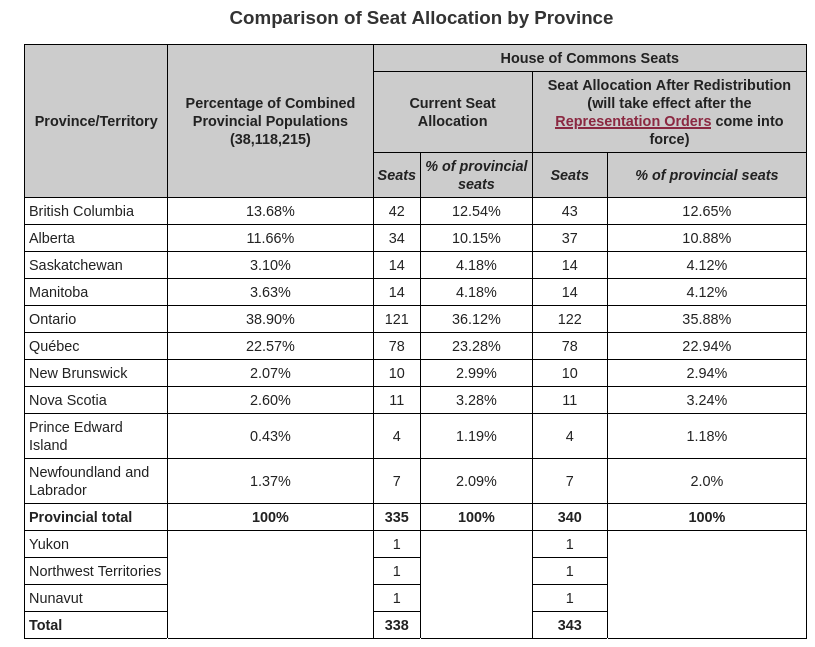Nowadays, I think it means “agreeable”. “I agree with this”.
It is a term that changed a lot in such a short time. I remember it was a way to call a drug addict, like crackhead/basehead. Then it changed to call people talking nonsense, like they were on crack.
I imagine, at some point, someone agreed with the crackhead talk and read some comment of the nonsense being called “based”.








Yes, they released it as a DLC. Escape from Pork Belly.